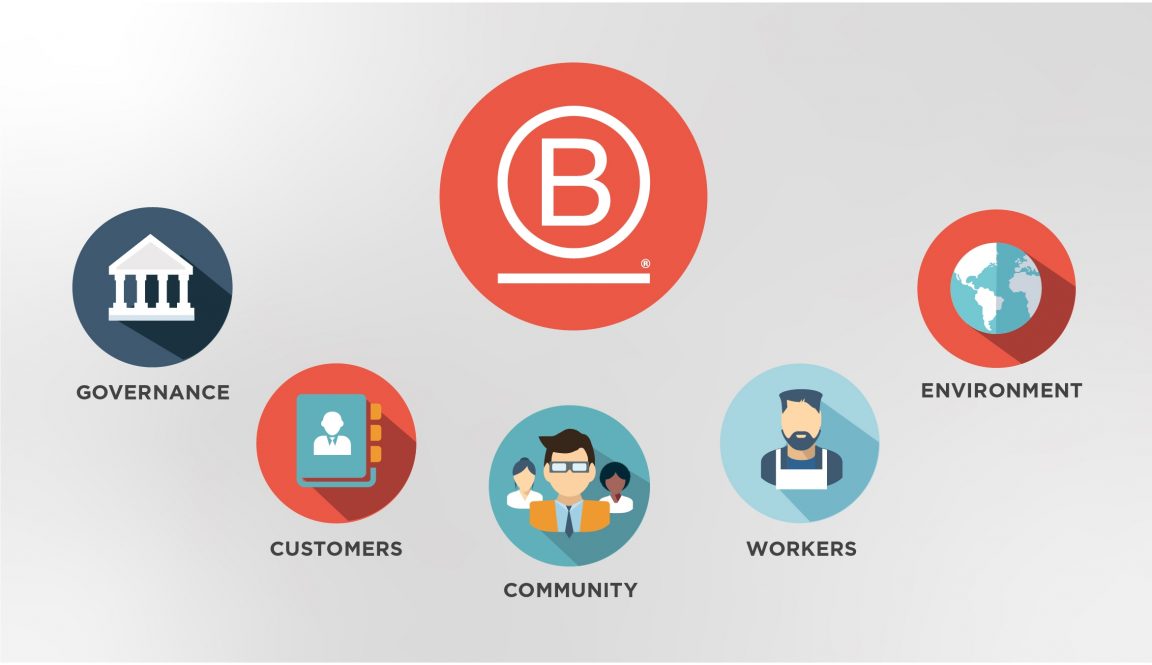How and why to become a B Corp
It’s B Corp month and our partner agency Beyond has started its journey towards achieving B Corp status – it’s an exciting journey to be part of!
But what exactly does it mean, and what is a B Corp? We spoke with Chief Creative Officer, James Rutter of B Corp and prepared meals brand COOK, and consultant & B Lab Ambassador, John Featherby about what it means to be a part of the B Corp family – a new wave of brands using business as a force for good.
"We envision a global economy that uses business as a force for good." — B Corp
What is a B Corp?
There are currently over 3,500 Certified B Corporations in more than 70 countries, and 360 of those are based in the UK. B Corp certified businesses strive not only for profits, but for the improvement of the world around them, including employees, customers, society and the environment.
The B Corp Certificate of Interdependence states:
- That we must be the change we seek in the world.
- That all business ought to be conducted as if people and place mattered.
- That, through their products, practices, and profits, businesses should aspire to do no harm and benefit all.
- To do so requires that we act with the understanding that we are each dependent upon another and thus responsible for each other and future generations.
B Corps are incredibly transparent about their practices and are held to a high standard of third-party validation, public transparency, and legal accountability. B Corp brands are recertified every three years and continuously strive to meet new goals for the greater good of the world. If they fail to meet the set B Corp criteria, then they lose their B Corp status. And the criteria are continuously evolving, making sure that B Corps are always at the forefront of what good business should be.
"Don’t do it just because you think you’ll get a nice logo." — James Rutter, COOK
How do you become a B Corp?
COOK became of the UK’s first B Corps in 2013. Using 100% renewable electricity in its shops and kitchens, donating over 1 million free meals to school kids in Malawi, supporting local community events with 30% off their food and setting up a number of successful social impact initiatives such as its Kindness Project, are just some of the many reasons as to why COOK is leading the way for purpose-led brands in the UK.
“Don’t do it because you think you’ll get a nice logo,” says James Rutter in a recent Brand Talks podcast. “If you feel that connection and you see that it’s going to be really hard, it’s going to be really painful and it’s going to be a ball-ache – and you still want to do it, then do it,” says James.
The process is long and hard, and it requires a fully committed team who are truly passionate about using business as a purpose for good. Put simply, it’s not for green washers who are looking to attract more customers or simply add another shiny ‘do-good label’ to their website.



